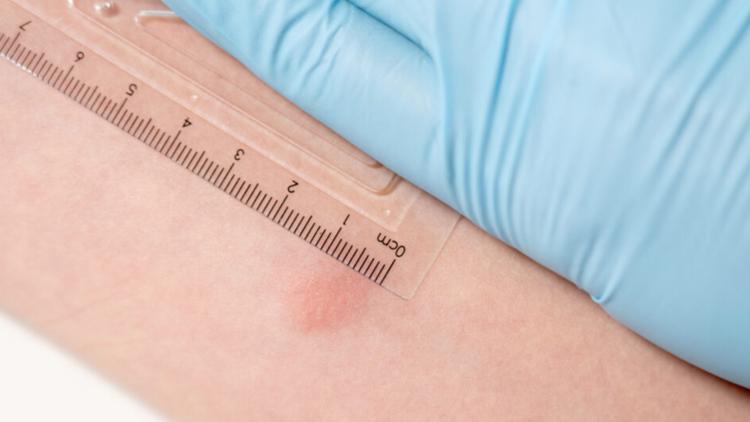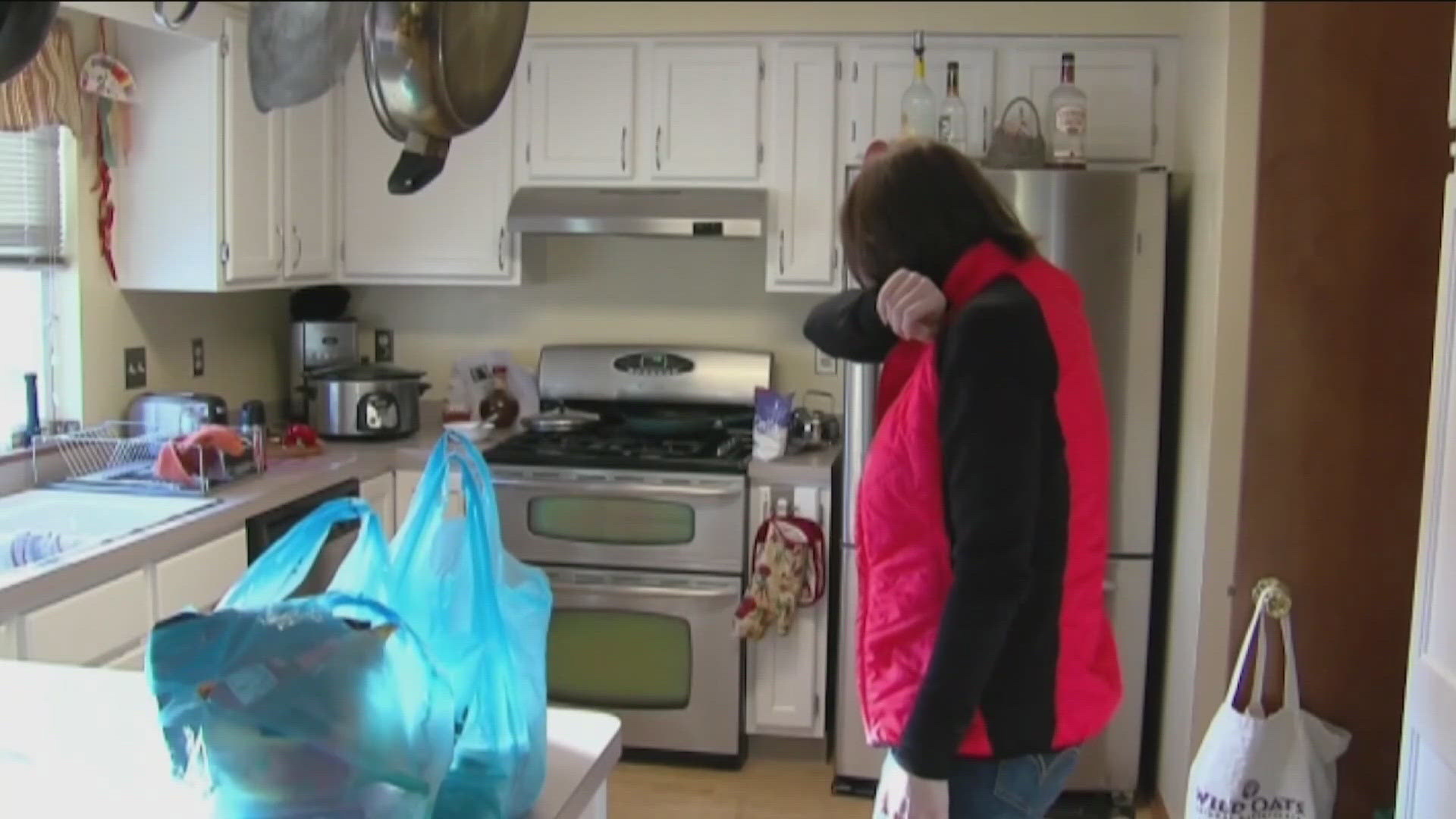SAN DIEGO — The County’s Tuberculosis Control Program and Metropolitan Transit System (MTS) are working to notify riders who used the Trolley Blue Line between Jan. 27, 2024 and Feb. 29, 2024, that they were potentially exposed to and are at risk for tuberculosis (TB).
The impacted routes are:
- Trolley Blue Line between 24th Street Transit Center and Barrio Logan Transit Center, on Monday to Friday, on an inconsistent schedule but typically between 10:30 a.m. and 2:30 p.m., from Jan. 27, 2024 to Feb. 29, 2024.
- Trolley Blue line between San Ysidro Transit Center and Old Town Transit Center roughly between 5 a.m. and 7 a.m., and from Old Town to San Ysidro between 6 p.m. and 7 p.m. on Friday, Feb. 16, 2024
Because exposures occurred at inconsistent hours, the likelihood that any rider had long cumulative exposure times is low. These exposures are not known to be associated with any previously reported exposures on the MTS system.
The chance of TB infection is highest for people with many hours of cumulative indoor exposure to a person who is sick with TB. Brief interactions with an ill rider are less likely to lead to TB infection than are prolonged or repeated exposures. However, the risk from more limited exposures may be of particular concern to riders with compromised immune systems, from medical conditions such as HIV or from medications that weaken the immune system, such as those taken by people with autoimmune conditions or who have received transplants.
County and MTS are providing this information so that immunocompromised riders in particular are aware and can make the best decisions for their own health alongside their medical provider.
People with active tuberculosis are often unaware they have the disease and may be contagious for several months before being diagnosed. Once the County is made aware, typically through a test result reported by a medical provider, communicable disease investigators conduct extensive interviews with the person with TB to determine the length of time they may have been contagious and locations where exposures may have occurred.
“Symptoms of active TB include persistent cough, fever, night sweats and unexplained weight loss,” said Wilma Wooten, M.D., M.P.H., County Public Health Officer. “Most people who become infected after exposure to tuberculosis do not get sick right away. This is called latent TB infection. Some who become infected with TB will become ill in the future, sometimes even few years later, if their latent TB infection is not treated. Blood tests and skin tests are effective to determine whether someone has been infected.”
People who test positive for TB but who don’t have symptoms of active tuberculosis should get a chest x-ray and talk to a medical provider, as they likely have latent TB infection. People in this situation are infected with TB, but the infection is essentially dormant or “sleeping.” Taking medicines for latent TB infection can cure the infection and keep these people from ever getting sick.
It is important for individuals with symptoms of active TB and those who are immunocompromised to see a medical provider to rule out active tuberculosis and to discuss treatment.
The number of people diagnosed with active TB in San Diego County had decreased since the early 1990s when more than 400 cases were reported annually. After decades of declining, TB cases have begun to rise since 2020.
In 2020, there were 193 TB cases, 201 in 2021 and 208 in 2022. In 2023, a total of 243 people were reported with active TB disease in San Diego County. An estimated 175,000 people in San Diego County have latent TB infection. Of these, five to 10 percent are at risk for developing active TB disease if they go without preventive treatment. While you may not have been exposed to TB from these exposures, if you would like to learn if you may have increased risk for TB for other reasons, you can assess your own risk for TB infection using the County TB Control Program’s risk assessment screening tool.
People who would like more information on this potential exposure should call the County Tuberculosis Control Program at (619) 692-8621.



